Mission 2027
Mission 2027 -A bold strategy to eliminate cervical cancer in Rwanda
Mission 2027 is a national mass screening campaign aimed at reaching 70% screening coverage for HPV and ensuring 90% timely treatment for precancerous lesions and cervical cancer. To date, over 35% of eligible women have been screened, with an additional 600,000 women awaiting screening to help achieve this critical target. Rwanda has already vaccinated over 90% of girls by the age of 15 and is now accelerating efforts in other critical areas to meet WHO’s goals for screening and treatment. This focus is not only essential for Rwanda but also for other low- and middle-income countries that need much more attention worldwide.
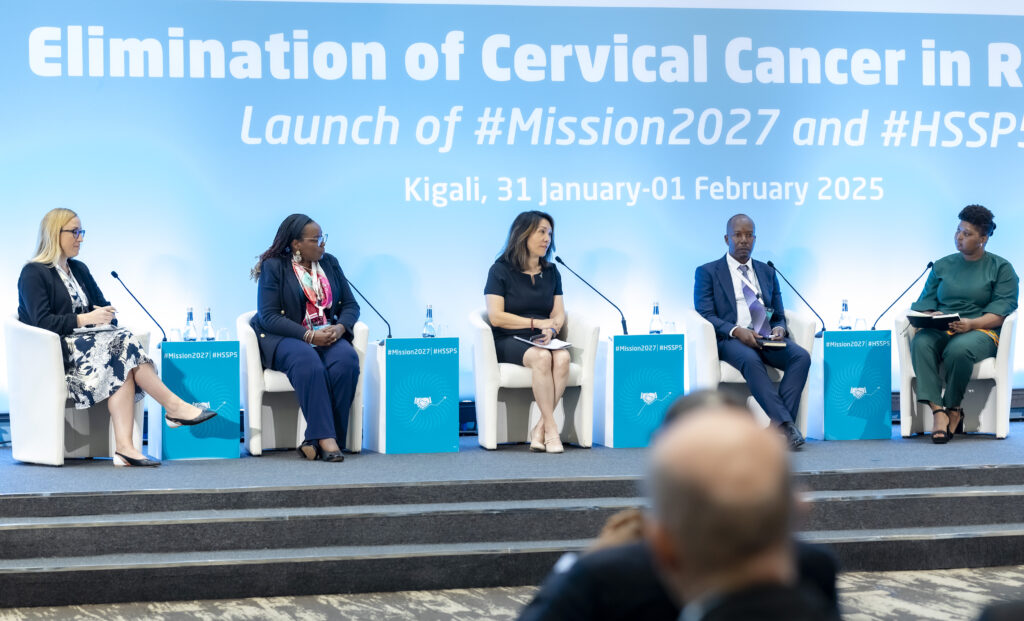
On Global Cervical Cancer Elimination Day of Action in 2024, the Minister of Health in Rwanda and the Elekta Foundation officially announced their endorsement of the Mission 2027 campaign. This ambitious initiative aims to make Rwanda the first country in Africa to eliminate cervical cancer.
The innovative program includes cutting edge technology to support diagnosis and treatment. Between 2025 to 2027, there will be an intense focus on screening women for HPV and treating those where cancer is detected.
To eliminate cervical cancer globally, the World Health Organization (WHO)
has outlined key targets in its Global Strategy to Accelerate the Elimination of Cervical Cancer as a Public Health Problem: by 2030
-90% of girls should be vaccinated against HPV by the age of 15,
-70% of women should be screened for HPV between the ages of 35 and 45,
-90% of women with cervical pre-cancer or cancer should receive appropriate treatment.
These targets aim to reduce the global burden of cervical cancer and save countless lives.
District by District
Rwanda consists of 30 districts, necessitating a district-by-district approach during the elimination phase. The Elekta Foundation and its partners have conducted screening and treatment in several districts, including Gicumbi, Kayonza, Karongi, Rubavu, Nyabihu, Bugasera and Kicukiro. Among its various commitments, the Elekta Foundation aims to screen 700,000 women, provide a team of health experts, and ensure good nutrition for women during treatment and recovery periods as part of comprehensive efforts.
Each year, screenings are conducted in several districts in Rwanda. To expedite the process, screenings are now carried out in two or three districts simultaneously. This is made possible by our extensive experience from earlier districts and a workflow that follows a developed work and process model. The number of women screened in each district can vary depending on the number of eligible women, but it typically ranges between 45,000 and 75,000 women per area.
The mass screening efforts are made possible thanks to an optimized collaboration between multiple partners, all committed to delivering quality care and adhering to process protocols, while always being open to improvements and development.
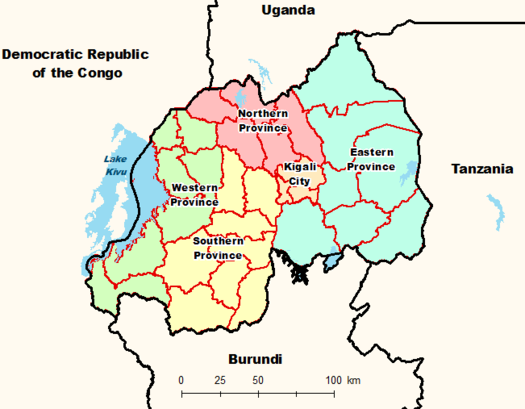
Our methodology and work model
In order to carry out mass screening campaigns with high quality and the ability to constantly monitor and follow up on all aspects, making fact-based decisions on output and outcome, a work and process model was co-developed and co-designed in 2022. Rwanda governmental and health staff, together with a Swedish private medtech company, international organizations, and national NGOs, participated in this initiative. The model, which is scalable, adaptable, and sustainable, enables fast HPV testing at an affordable cost, including systematic tracking to ensure quality and integrity, combined with timely diagnosis and treatment. This well-adopted and well-used model is called the FAST model.

Due to the experience of working in accordance with the model’s processes and methodology, mass screenings can now be delivered at a fast pace, enabling screenings to take place in several districts simultaneously. This increased capacity for screenings and preventative treatments is preceded by extensive training of health staff, including midwives and nurses, and enables task shifting to maximize health delivery services in a secure way. The Elekta Foundation has a local expert team in place in Rwanda. More information about the Rwanda Mission 2027 Team can be found here.
The FAST model is well-practiced, and Elekta Foundation and partners are prepared to implement this work model in other countries in Africa and beyond.

"We are prepared to eliminate cervical cancer in Rwanda and beyond"
Lacy Hubbard, President of the Elekta Foundation, highlights the crucial need for international collaboration: “We are deeply grateful for the partnership with the Rwanda Ministry of Health and their steadfast dedication to this mission. We now seek to engage with international development agencies, the private sector, and civil society to support Mission2027. With the financial backing of these partners, we can eliminate cervical cancer and secure a healthier future for all women in Rwanda and beyond”.
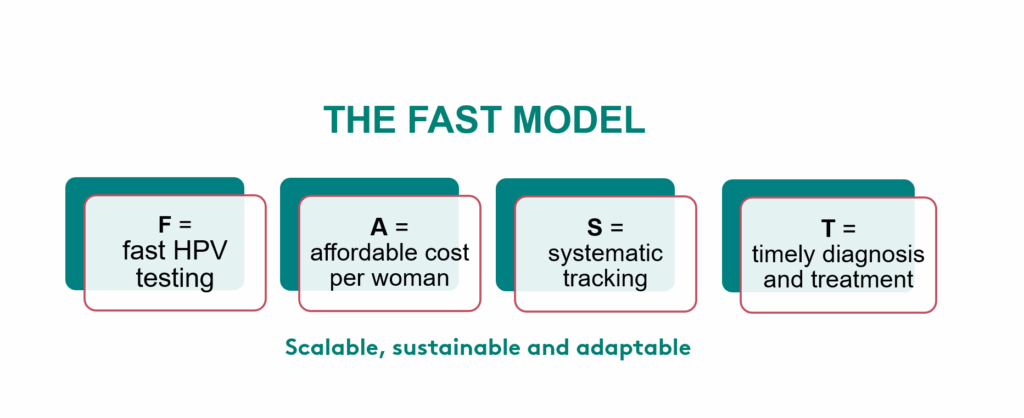
"Collaboration is needed to eliminate cervical cancer"
During his keynote speech at the launch of Mission 2027 in Kigali in February 2025, Dr. Prebo Barengo, Cross-Cutting Specialist for Noncommunicable Diseases at WHO, emphasized the urgent need for countries to redouble their efforts in eliminating cervical cancer. He highlighted that there are only five years remaining to achieve the goal set by WHO member states in 2020 to eradicate this cancer. Dr. Barengo stressed the importance of increased collaboration among countries and the need to intensify screening and treatment efforts. He also noted that recent innovative medical solutions will be game-changers, making these efforts more successful and cost-efficient.

Main partners
The Foundation collaborates with key partners that acknowledge the importance of joining forces to tackle cervical cancer:

Rwandan Ministry of Health

Rwanda Biomedical Center

Rwanda Society for Family Health

Clinton Health Access Initiative (CHAI)
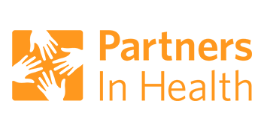
Partners In Health

Gynius Plus AB

Heza Initiative

African Center for Research on End of Life Care

Center of Excellence in Minimally Invasive Surgery

Rayos Contra Cancer
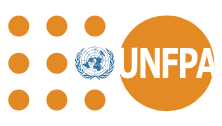
United Nations Population Fund
